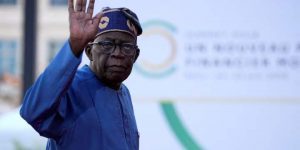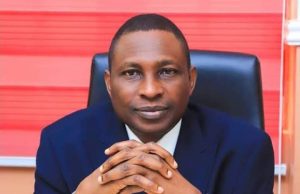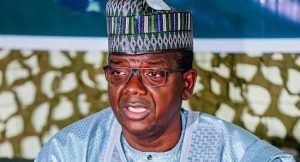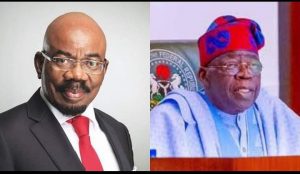Billions Spent with Little to Show: The Quandary of Nigeria’s Constitution Amendment Efforts

Over the past two decades, Nigeria’s quest to amend its 1999 Constitution has seen an expenditure surpassing N20 billion, with at least 30 alterations attempted. This endeavour, marked by repeated efforts across successive legislative cycles, has been critiqued by legal experts and analysts as largely ineffectual, failing to address core issues such as federal structure, devolution of power, and electoral reforms, among others.
The amendment process has historically been bogged down by the inability to secure a two-thirds majority agreement from the state houses of assembly and, at times, presidential assent withdrawals. Despite the allocation of substantial funds—N1 billion annually, coupled with undisclosed sums for unforeseen expenses—the expected outcomes have largely been elusive.
Critics argue that the process has become a cyclical expenditure with minimal accountability, raising concerns over the integrity of these constitutional revisions. Notably, the 2014 National Conference, which cost N7 billion, produced numerous recommendations that remained unimplemented, further fuelling scepticism about the efficacy of such endeavours.
Academics and civil society leaders have voiced their frustrations, highlighting the disproportionate resources allocated to these amendments relative to the tangible changes achieved. This sentiment is echoed by figures such as Chief Martins Onovo and Prof. Abubakar Kari, who describe the ongoing processes as inflated and liken them to a ‘jamboree’.
Yet, proponents of the amendment exercises point to successes, such as the financial autonomy of the National Assembly and the amendments aimed at expediting the election petition process. These changes, while significant, still leave many calling for more fundamental reforms. The discourse around the amendments has thus centred on whether revisiting the recommendations from the 2014 National Conference or convening a new, non-partisan assembly might offer a more viable path toward a constitution that genuinely reflects Nigeria’s democratic aspirations and federal structure.
Daily Nigerian






